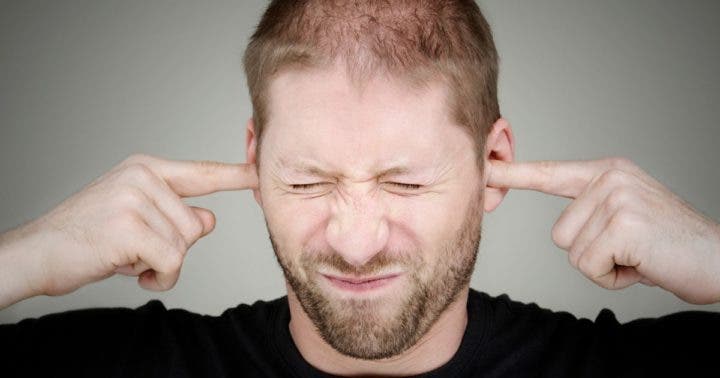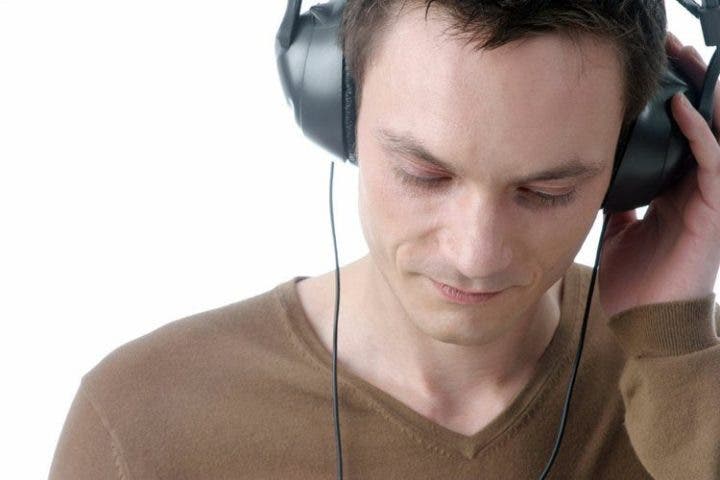Earache prevention comes with the common sense with which you treat them. The ear is one of the most delicate organs of the human body, responsible for maintaining your balance, and detecting and amplifying sounds for your brain to interpret.
However, we are exposed to loud noises in the environment that can cause damage such as temporary and even permanent hearing loss. Find out what are the best options to prevent earache .

How do the ears work?
Your ear works by capturing sound waves in the environment in which you find yourself, translating the signals to the brain so that it interprets them. These waves travel through the entire external auditory canal to the eardrum by means of vibrations. The vibrations travel to 3 small bones in the middle ear, serving as an amplifier and bridge to a snail-shell-like structure called the cochlea.
The cochlea is a hollow structure with channels filled with a special fluid that sits under a membrane called the basilar membrane. All the sound that your ear receives is ultimately received by the sensory hair cells that are found in the upper part of the basilar membrane and together they create electrical signals which are received by the auditory nerve and sent to the brain.
Why are the ears damaged?
Age is one of the most common causes of hearing loss, followed by inmates due to exposure of the ear to loud sounds , such as sudden noises, a gunshot or the sound of a firework causing immediate loss of hearing. hearing, which may be temporary or permanent lapses. Additionally, exposing the ear to moderate or loud sounds such as lawnmowers, power tools, or loud music can cause cumulative and progressive frequency hearing loss.

What are the harmful effects of noise?
Prolonged exposure to loud noises tends to leave long-term sequelae, as they progressively damage hair cells, which are the sensory receptors for sound, determining the position of the body. Once these cells are damaged, they do not regenerate again. Loud noises can damage the cochlear nerve by preventing auditory signals from being sent to the brain.
According to the National Institute on Deafness and Other Communication Disorders (NIDCD), all noises below 75 decibels are generally safe for your hearing even if it is prolonged. However, prolonged exposure to about 85 decibels can cause damage.
How to identify if I have lost hearing?
If you raise your voice when speaking to be heard, if you cannot hear someone within 100 meters of you or if when leaving a place where there is a lot of noise the sounds seem muffled, you are at a potential risk level. Other signs of dangerous noise exposure include earache or ringing .
Therefore, try not to expose yourself to loud sounds otherwise you may have suffered from hearing damage , of which many people are not aware for a while.

How to prevent earache?
To prevent damage to the ears you can. For example, wearing earplugs or headphones to reduce loud sounds if you are working in a noisy environment. In the same way, if you are at home and you are going to use the lawn mower or other electrical machines, you can use earplugs.
You should also try to avoid using headphones with music at very high volumes for long periods of time.
Conclution
With these aids you can identify if you are currently at risk. Protect your ears from loud noises and you will see that in the long run you will appreciate it, considering how delicate and valuable they are to your body. If you feel any of these symptoms, go to the doctor for a more thorough review.
Reference
- Martinez J. How Can Sound Damage Your Ears? For livestrong [Revised January 2016]
